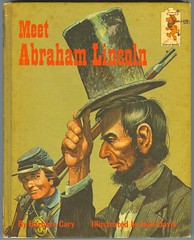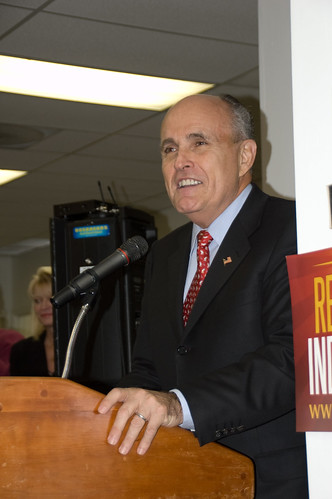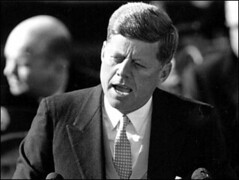
2. Answer directly. Look directly at the person asking the question - Give simple answers to simple questions. If the question demands a lengthy reply, agree to discuss it later with anyone interested.
3. Refer to your Speech - Whenever possible, tie your answer to a point in your speech. Look upon these questions as a way to reinforce & clarify your presentation.
4. Anticipate areas of questioning - Prepare factual support material in three or four areas in which you anticipate questions.

5. Be friendly, always keep your temper - A cool presentation creates an aura of confidence. When the questioner is hostile respond as if he or she were a friend. Any attempt to "put down" your questioner with sarcasm will immediately draw the audience's sympathy to the questioner.
6. Always tell the truth - If you try to bend the truth, you almost always will be caught. Play it straight, even if your position is momentarily weakened.
7. Treat two questions from the same person as two separate questions
8. Don't place your hands on your hips or point at the audience - These are scolding poses and give you the appearance of preaching.
9. Keep things moving - There is a rhythm to a good question-and-answer exchange. They volley back & forth in a brisk manner. Keep your answers brief and to the point with many members of the audience participating.
10. Conclude smartly - Be prepared with some appropriate closing remarks. End with a summary statement that wraps up the essential message you want them to remember.
If you have any experience of handling a hostile audience, comment below. When Congressmen go home during their recess, they are going to have to deal with people angry about the Health Care Bill. Congressman may want to read this blog. But to those of you who deal with smaller issues-be prepared for a controversial issue that may arise in the future. Good luck to all!








